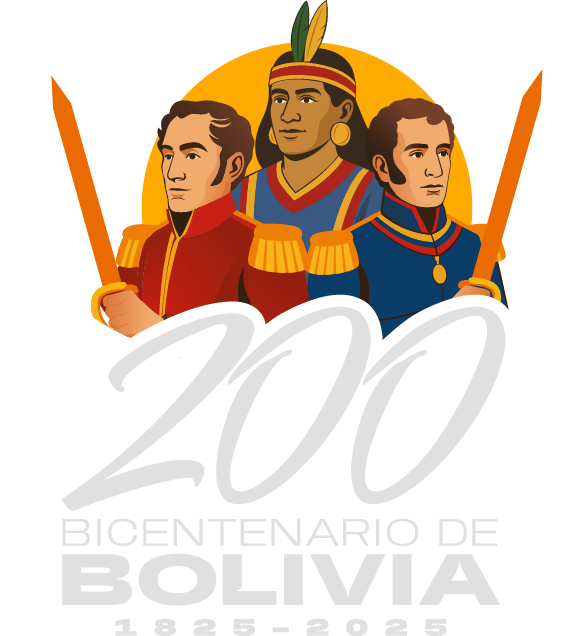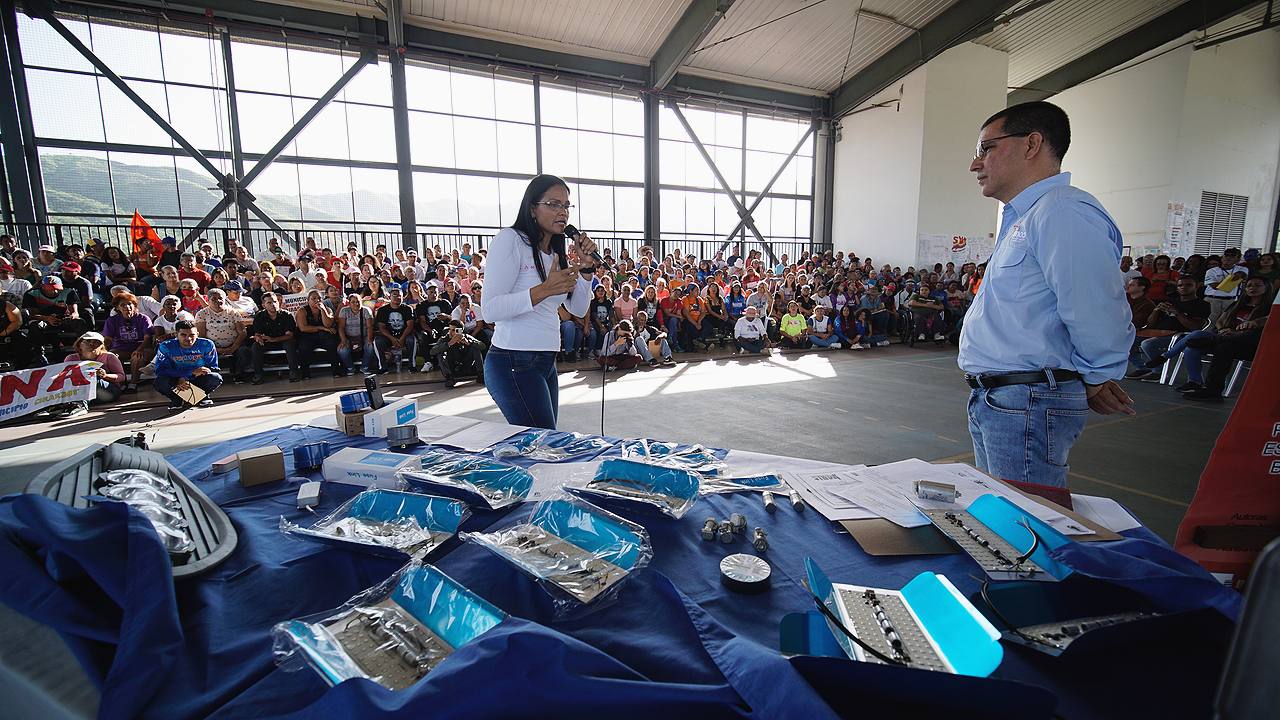In the Mario Briceño Iragorry municipality of Aragua state, there was a socialization and appropriation assembly for the renewed Organic Law of the Communal Councils.
The purpose was to inform the People’s Power about the changes or modifications applied to the previous regulation.
“This weekend, we will continue with this work route so that our spokespersons can be multipliers of the whole process carried out by our National Assembly,” explained Ubaldo Croquer, state director of Communes in Aragua, who also spoke about the importance of transferring competencies to the communities of the emblematic municipality.
Croquer informed that, to date, there are 660 Communal Councils renewed out of 1960 in Aragua state.
“We installed nine Communal Government Cabinets. In addition, 16 state assemblies took place last weekend in the 18 municipalities discussing the People’s Power Law,” he added.
Yamilet Gonzalez, a Voz del Pueblo Communal Council spokeswoman, highlighted three Communal Councils, 45 blocks, 1,800 families, and approximately 4,300 inhabitants.
She specified that in a citizens’ assembly held in recent days, they identified several priorities, and not the one that needed more attention was the sector’s preschool, specifically because of the bathrooms and insecurity.
Mr. Gonzalez explained the joint actions undertaken by the Community Councils involved restoring the school facilities, with waterproofing, reconstruction of the bathrooms, plumbing, and general adaptation of the classrooms.
The project took place with the support of a loan received through the Communal Integration System of the Federal Government Council (Sinco).
Transfer of competences
Alejandra Borges, a spokeswoman of the Carlos Escarra Commune of the Niño Jesus sector, El Limon parish, explained the progress made in the competencies transfer to the Communal Councils in her territory.
She mentioned the problems identified in the sector and how public consultation took place to determine the investment of resources.
He also highlighted the rehabilitation of public lighting and the acquisition of technical knowledge. Once getting this transfer of competence, the community faced the challenge of addressing these responsibilities.
For the decision-making process, they held a public consultation in which the Communal Councils of the municipality participated actively.
Spokespersons collected residents’ opinions and completed consultation forms in each street. This process took approximately 15 days, including the sectoring of the larger streets.
The Minister of Communes and Social Movements, Jorge Arreaza, expressed his joy at seeing the achievements of the entity, despite the difficulties they have faced, such as the unilateral sanctions imposed by the United States (U.S.) government against PDVSA and the Central Bank of Venezuela (BCV).
Arreaza highlighted the management capacity of the mayors and governors elected at that time, despite the limitations and scarce resources.
He also recognized the fundamental role of the community in the success of these leaders, “since power lies in unity and collective commitment. You are here today, sitting here as protagonists of history. Make yourselves proud. This is not just anything,” he said.



